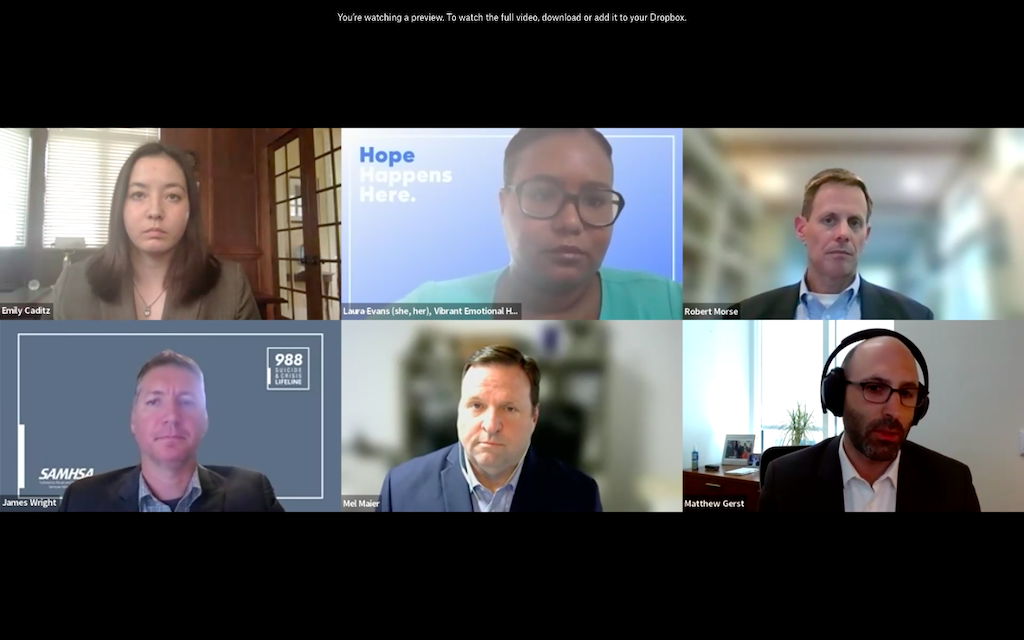States Lagging on Bills to Implement 988 Suicide Hotline Mandate as Deadline Approaches
As of June 7, 20 states have passed legislation to implement the 988 suicide hotline mandate, according to FCC data.
Riley Haight

WASHINGTON, June 15, 2022 – Only 20 out of the 35 states that have introduced legislation for a new suicide hotline have made the legislation law as of June 7, according to information from the Federal Communications Commission, as the July 16 implementation deadline nears.
States are required to implement the infrastructure and the funding for a 988 number that will go to the National Suicide Hotline, but only four states have passed bills to finance it, Emily Caditz, attorney advisor of the Wireline Competition Bureau under the FCC, said at a Federal Communication Bar Association event last week. Those states – Colorado, Nevada, Virginia, and Washington – fund the implementation from fees on cellphone lines.
James Wright, chief of crisis center operations at the federal Substance Abuse and Mental Health Services Administration, suggested that “key partnerships between state and local governments” will be necessary to help states meet this deadline.
Laura Evans, director of national and state policy at Vibrant Emotional Health, said this funding will “make sure we have robust capacity for the anticipated 9-12 million contacts we expect to come in that first year.”
The commission ordered the adoption of the nationwide line nearly two years ago, on July 16, 2020.
According to the National Suicide Hotline Designation Act of 2020, “988 is designated as the universal telephone number within the United States for the purpose of the national suicide prevention and mental health crisis hotline system operated through the National Suicide Prevention Lifeline.”
“America’s suicide rate is at its highest since World War II,” said former FCC Chairman Ajit Pai at an FCC event in December of 2019. “A simple three-digit code for a suicide hotline can reduce the mental stigma surrounding mental health and ultimately save lives.
Caditz said the implementation of text messaging “is especially popular with groups that are at heightened risk of suicide or mental health crises, including teenagers and young adults and individuals who are deaf, hard of hearing, deafblind, or speech disabled.”









Member discussion